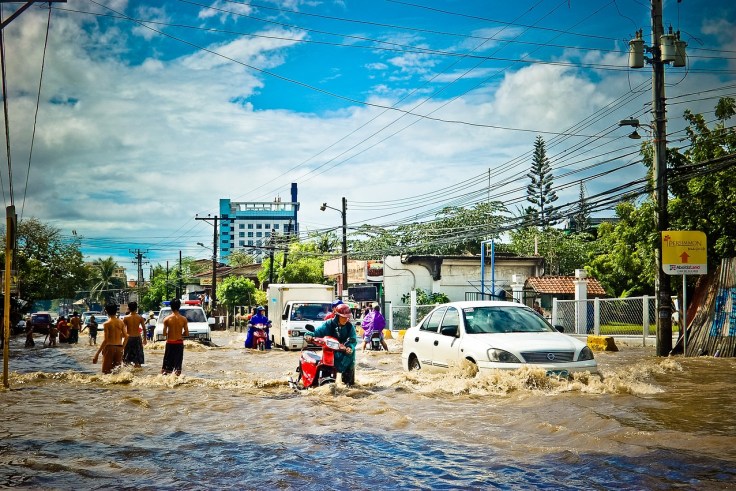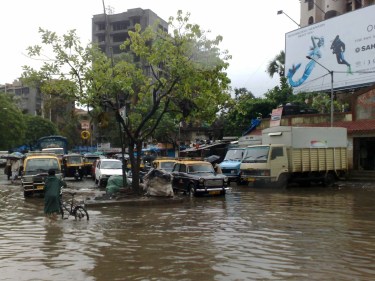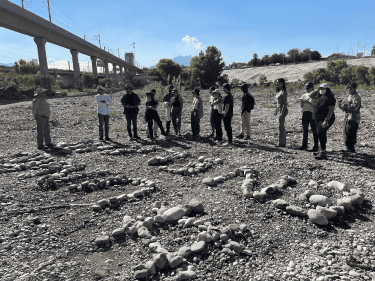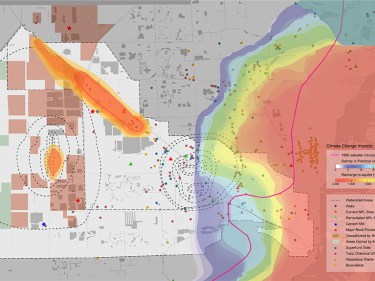Water
Water
The Harvard community is exploring ways to ensure that the world’s water—from the vast oceans to a glass of tap water—is healthful, unpolluted, and abundant.
Did you know…
The human body is about 60% water by weight.
It’s recommended to drink nine to 13 cups of water per day.
An eight-minute shower uses 17 gallons of water.
Working with water
Harvard experts are exploring all aspects of water, from hydration to migration.
Aminta Ossom
Aminta, an instructor in Harvard’s International Human Rights Clinic, shares why water is such a critical—and threatened—resource in Delhi, India, how the problem disproportionately impacts women, and what governments must do to respond.
Gina McCarthy
The former EPA chief talks about the progress of the Cuyahoga River, a river once so polluted it caught fire, which is now deemed clean enough to eat the fish from it.
Nikhita Obeegadoo
For her dissertation, Nikhita explored the stories we tell about oppressed and exploited migrants crossing oceans.
Protecting potable water
Between harmful chemicals, minerals, and pollution, providing safe drinking water requires constant work.
Pollution solutions

Filtering liquids with liquids
Based on systems found in nature, liquid-gated membrane filtration systems are being studied to improve wastewater purification.

Cleaning water off the grid
A portable water purifier in development by researchers at the Wyss Institute aims to make contaminated water safer to drink.
Saving the waters of the world
Arctic Initiative tackles plastics in oceans
With help from the Belfer Center, this initiative aims to address the Arctic’s threat of becoming a “trash bin at the top of the world.”
The Colorado River crisis
Harvard Extension School’s Scott Horsley discusses how seven states are reevaluating their usage of this slowly declining water supply.
Saving the ocean one sachet at a time
In Indonesia, Harvard alum Jane von Rabenau is working to drastically reduce plastic usage for everyday items.
How climate change changes water

Deep trouble
Floods, exacerbated by climate change, often have distressing effects. “Many emergency health systems are not ready to cope with that type of disaster,” says Patrick Vinck, director of research at the Harvard Humanitarian Initiative.
Deep troubleWater, life, and climate change in South Asia
The economy of South Asia is deeply tied to the amount of rainfall the monsoon brings each year, but climate change threatens to shift its patterns, destabilizing livelihoods throughout the region.

Solutions for extreme climate events in Mexico
Mexico’s second largest city experienced a critical shortage of water recently, requiring the state government to ration water for many of the city’ five million residents.

Ensuring Miami has drinkable water
Climate change has increased the vulnerability of Miami’s drinkable water through saltwater intrusion and water pollution from flooding.

Supporting our local waters
YOU MAY ALSO LIKE




